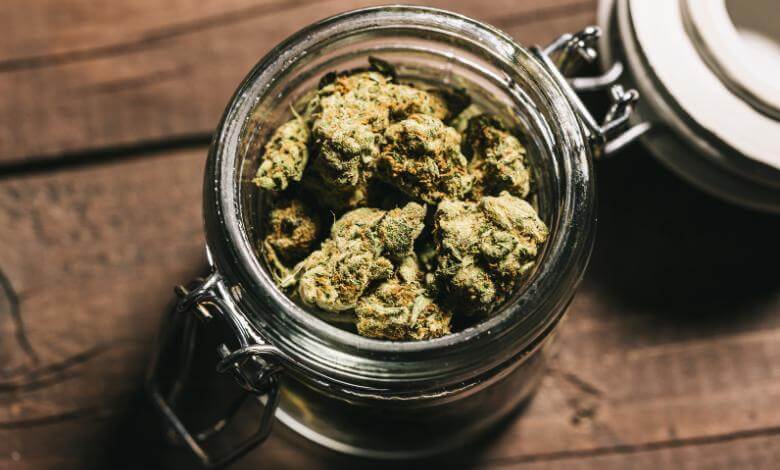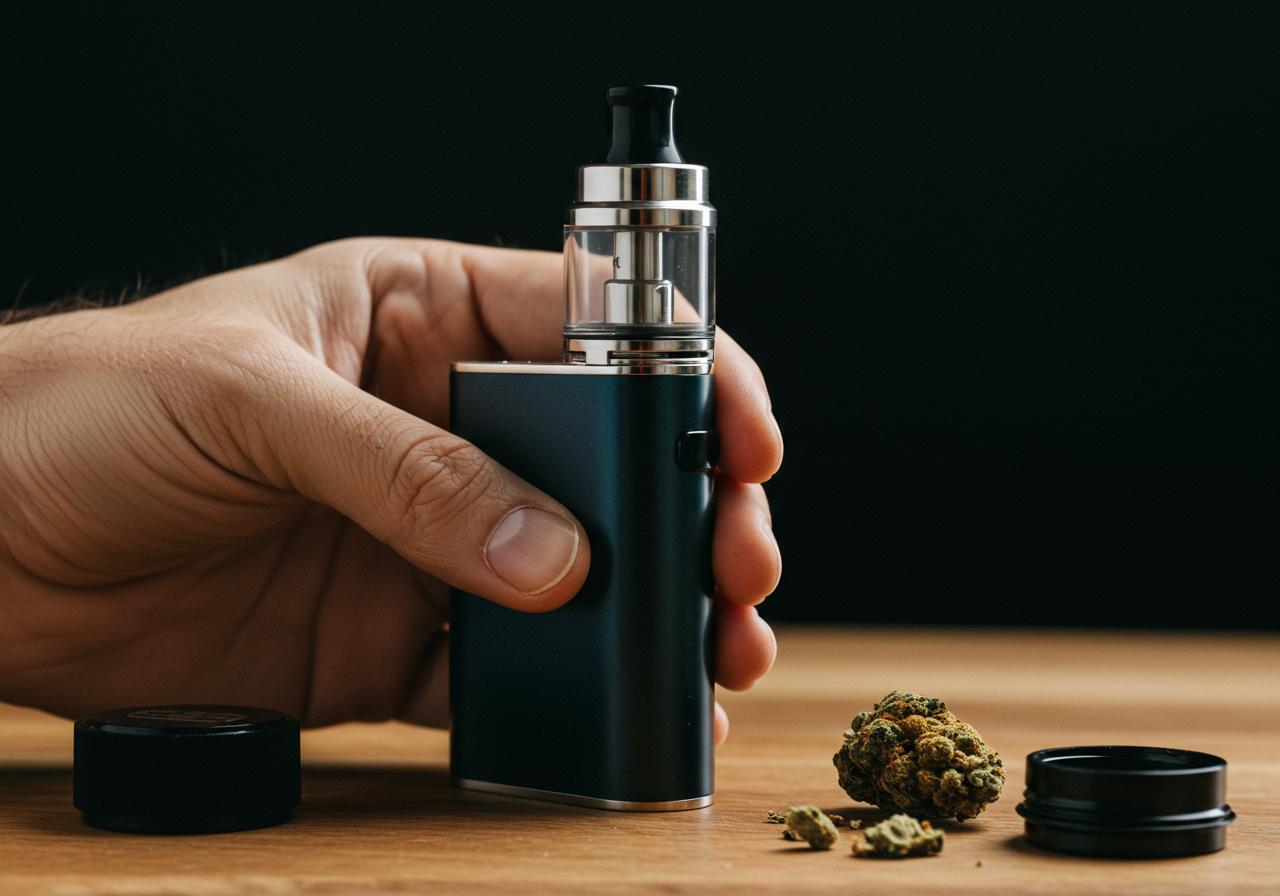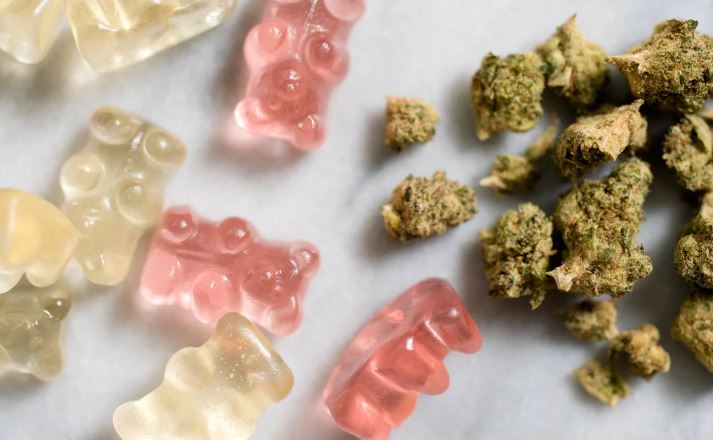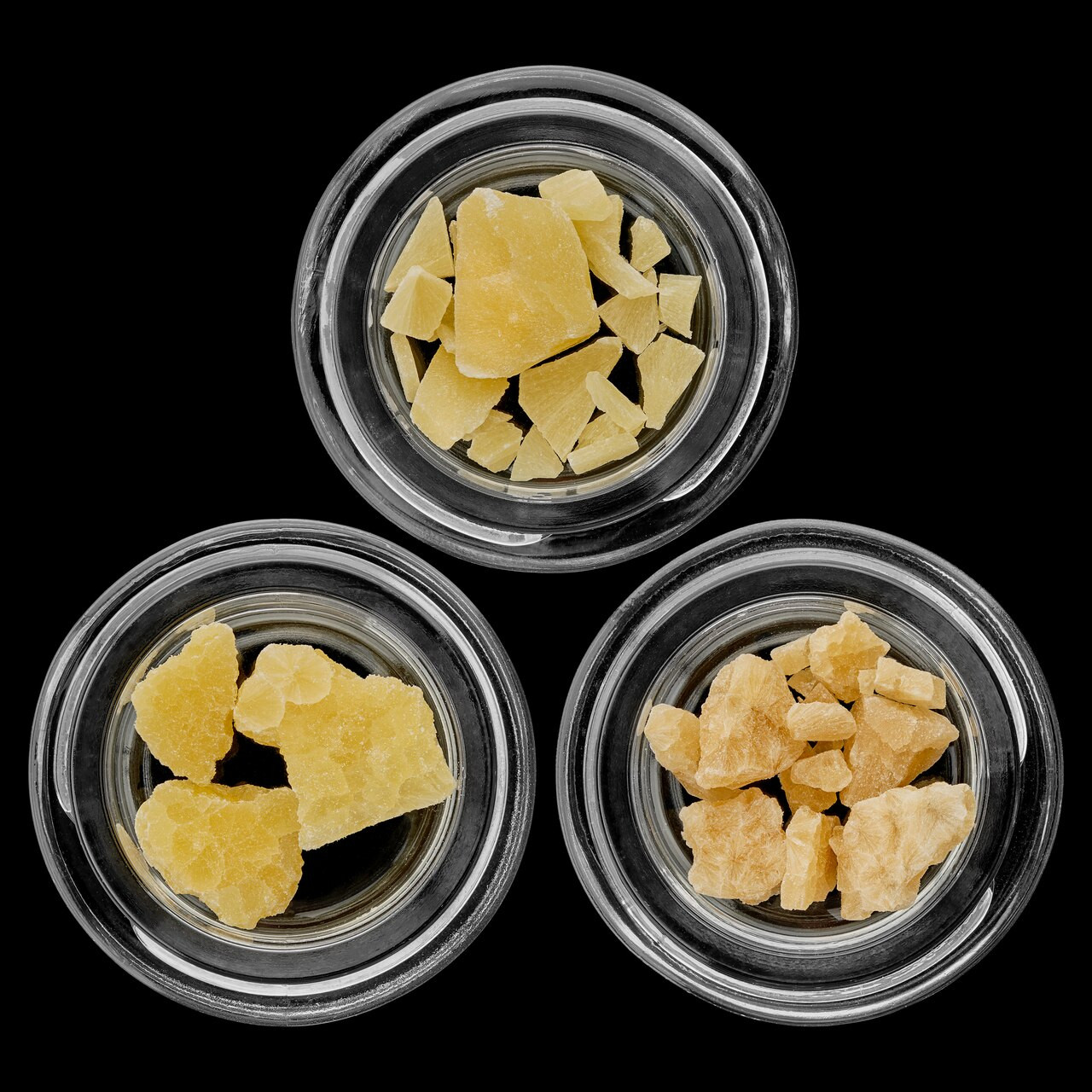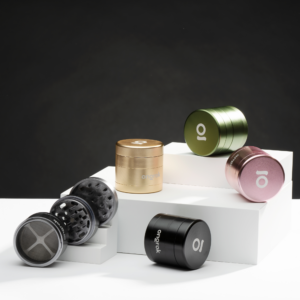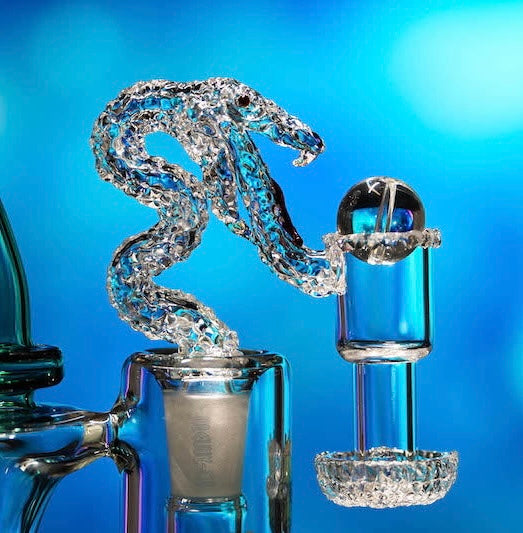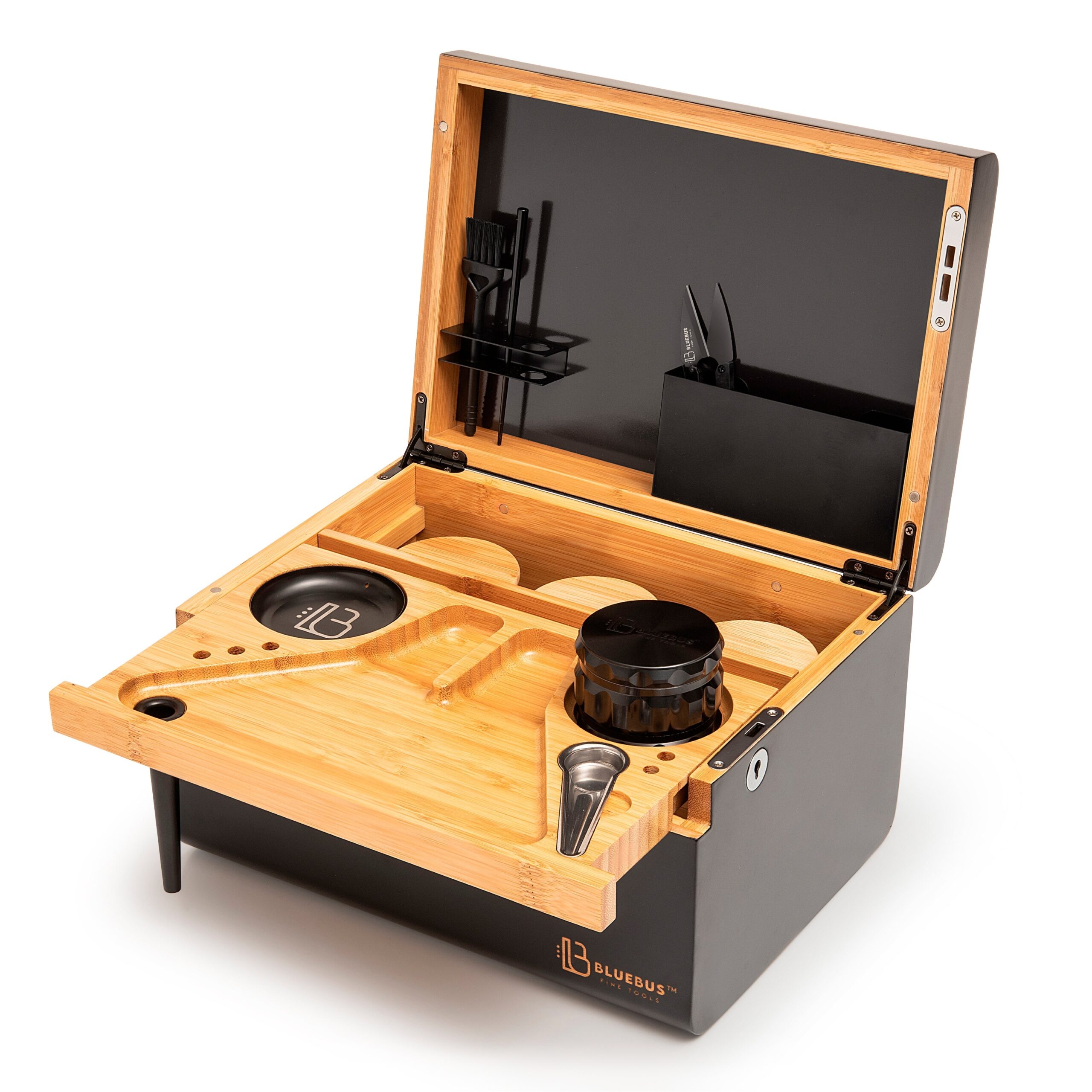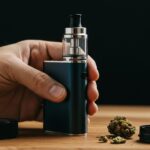How THCA Converts to THC: The Decarboxylation Process
Published on August 8, 2024
Last Updated on January 6, 2026
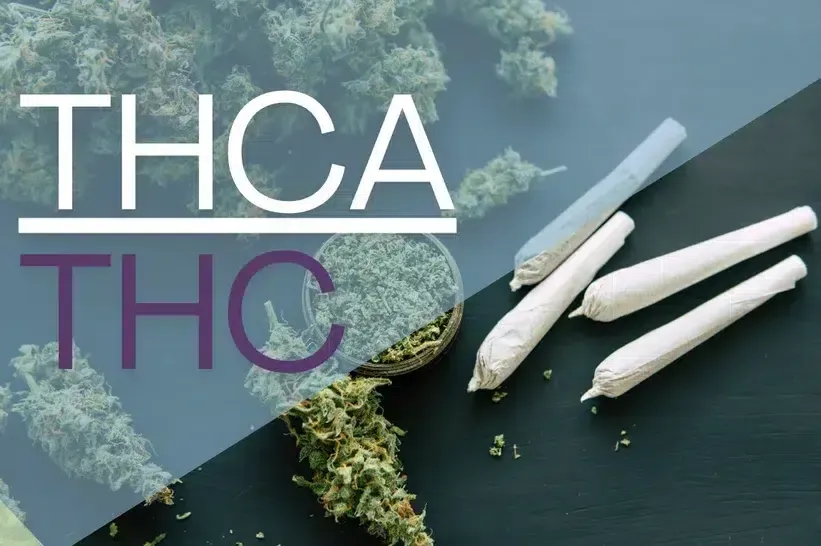
So, let’s talk about THCA and THC. I mean, they’re sort of like the headliners in the whole cannabis thing, right? THCA or tetrahydrocannabinolic acid—just rolls off the tongue!—is this compound found in its raw form, teeming in the leaves and flowers of the cannabis plant, the type that loves basking under the broad spectrum of Mother Nature. Different from THC (that sneaky little devil also called tetrahydrocannabinol), over here THCA does not tickle the brain receptors the same way. It’s non-psychoactive, you know, not diving headfirst into your mind’s party. Yet, it’s kind of a big deal in raw cannabis because it’s like this precursor, a necessary step toward reaching the thrilling peak of psychoactive fun that THC loves throwing us into.
The Science Behind THCA Conversion
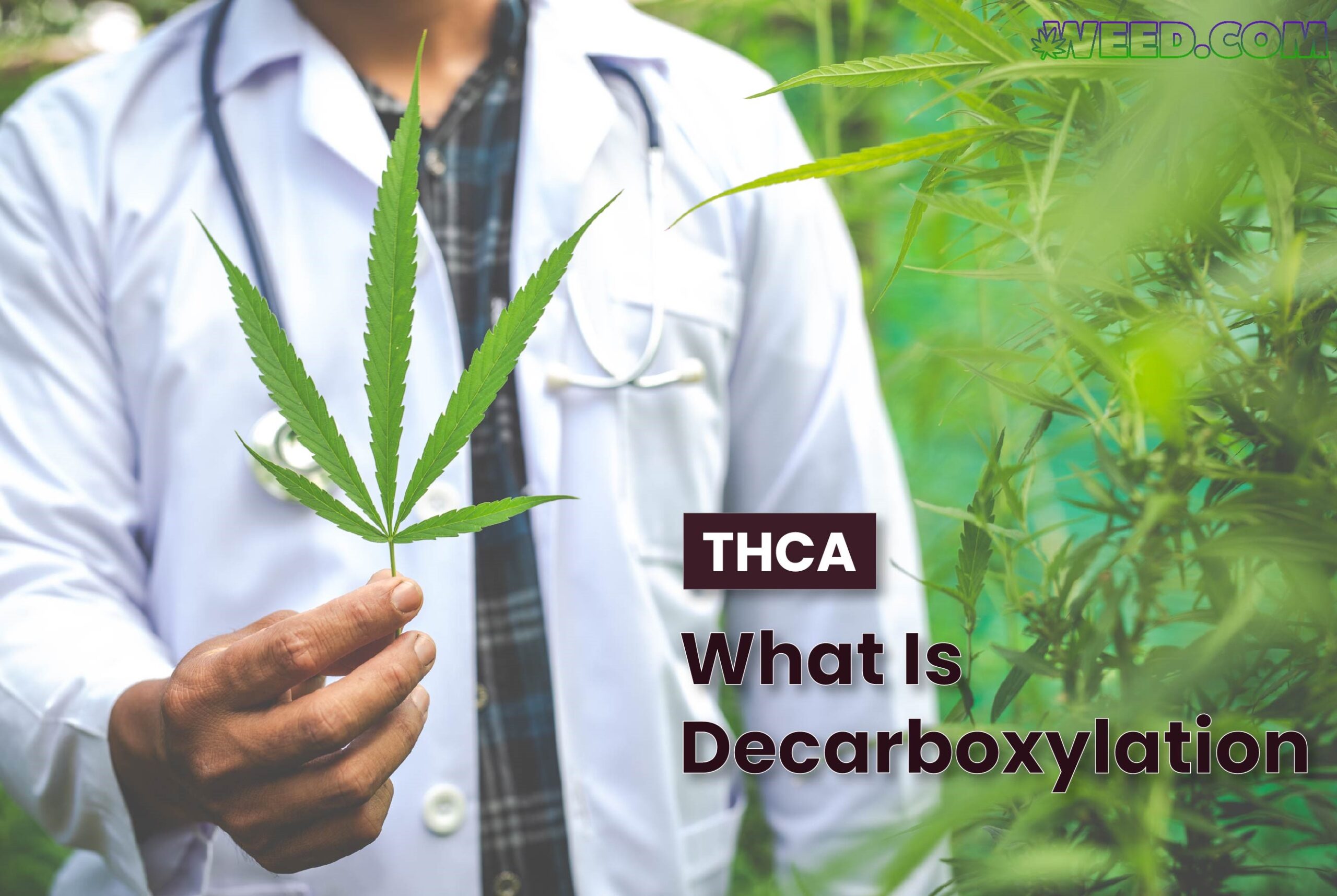
Now, wait for it, here’s where the magic happens. THCA doesn’t become THC overnight, it’s got this cool chemistry wizardry going on. Picture the THCA molecule—it’s got this carboxyl group attached to it. Imagine it, just chilling there like an unwanted third wheel. But what happens when you tease it with some heat, some sunlight, or toss a little time into the mix? Bam! You kickstart this decarboxylation process. Basically, you boot out the carboxyl group, sending carbon dioxide adrift, and voilà, you’re left with THC. This, my friend, is what converting THCA looks like. Not too shabby, huh?
Understanding Decarboxylation
Oh, decarboxylation. This word is like a hefty mouthful, but it’s the only way to make cannabis go from meh to whoa. You gotta understand—it’s all about the importance of letting raw cannabis fly free from its constraints, converting thca and drifting into psychoactive territory. The whole business of decarboxylating cannabis can be as easy as waving a warm wand over your thca flower or letting the sun splash its rays for just enough time. And the outcome? Your cannabis plant’s THC content climbs a few notches, turning your total THC composition into an exhilarating experience of potency.
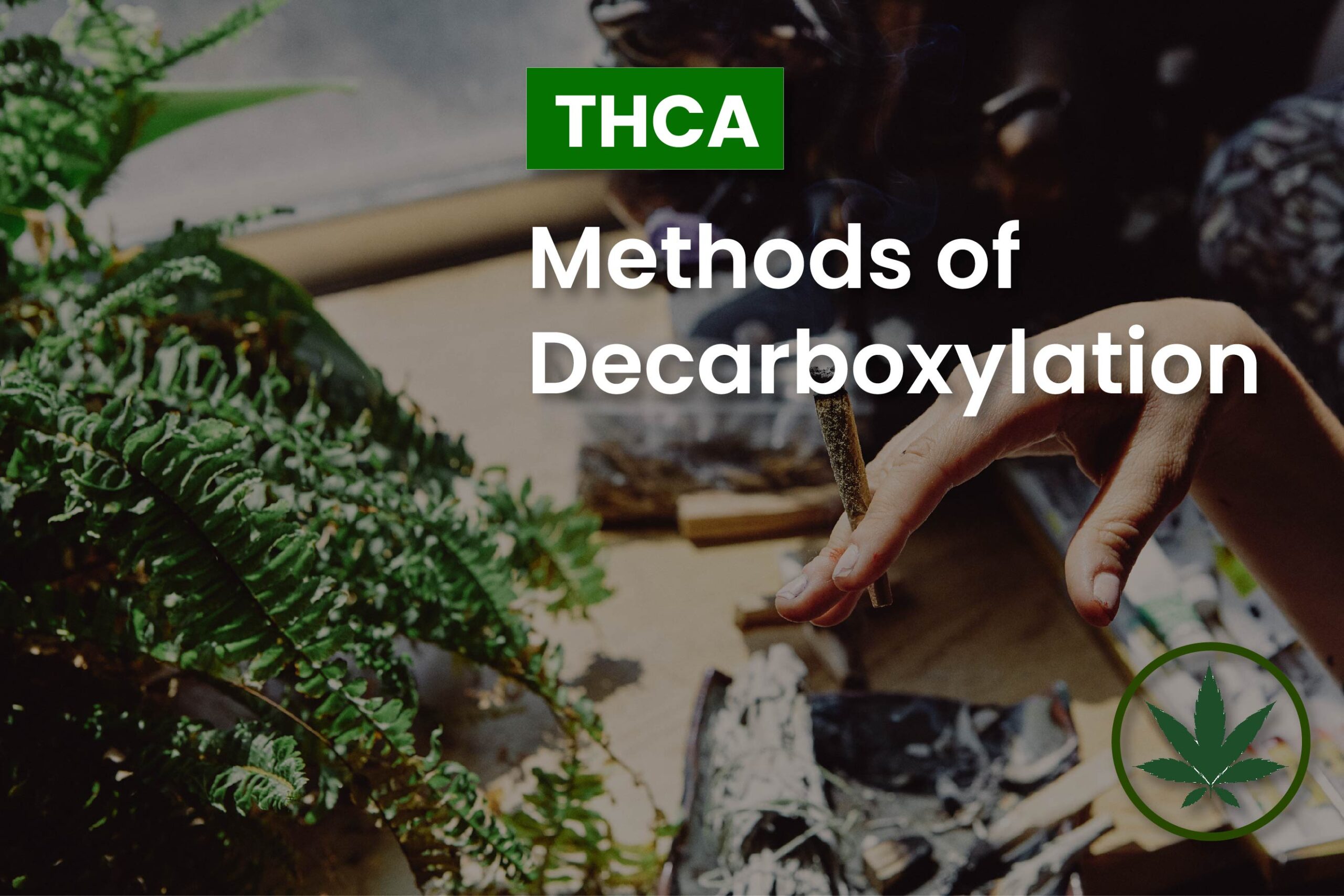
Methods of Consuming Decarboxylated Cannabis
Smoking cannabis? Oh, that’s the traditional way, the age-old classic for enjoying decarboxylated cannabis, giving potency a mighty whip. Vaping though, it’s like getting a cleaner punch minus some roughness on the throat, making way for a somewhat pure cannabis experience. Edibles? They’re on a whole different level, bringing in THC content not immediately, but when it kicks in, boy does it offer a sensational impact. But hey, every consumption route has its quirks, varying in terms of user satisfaction and potency. Oh, have a look! A myriad of THCA products laying on the shelf, offering potential benefits and uses waiting to be unraveled.
Legal Considerations

Ah, the legality web. We find ourselves tangled here with the Controlled Substances Act, drawing lines between THCA and THC, raw cannabis versus THCA hemp flower. While some regions give THCA an ‘all clear’ wave, raw cannabis still dances on a tightrope over a controlled substance label. It’s crucial, though, to keep an eye on the ever-changing legal scene as regulations get tweaked and twisted, impacting cannabis use and production as it moves.
THCA vs. THC: Potential Benefits and Effects
Comparisons spark curiosity and here, the consumption of THCA versus THC paints a picture of diverging benefits. THC, the darling, cozies up to those CB1 receptors in your brain, unloading a suitcase full of psychoactive experiences. THCA, on the other hand, might leave psychoactive dreams unfulfilled but oh, it garners attention among cannabis enthusiasts for therapeutic reasons. Medical marijuana advocates strongly point toward potential benefits without psychoactive effects—talk about tricking the system!
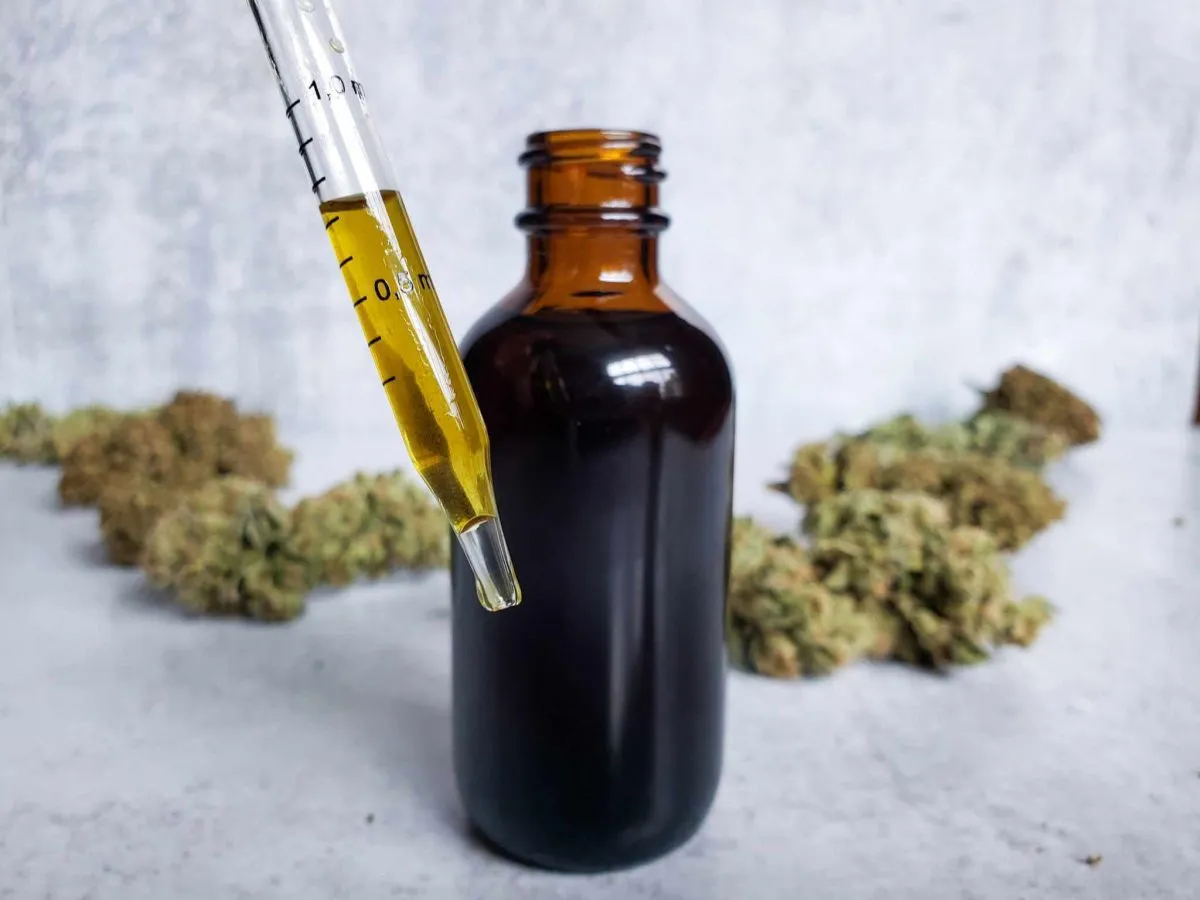
Conclusion
The decarboxylation process, a defining moment in cannabis consumption, truly unlocks the journey of converting THCA to its potent counterpart, THC. This fascinating conversion nudges us closer to an era where we understand more about THCA’s role, melding it with medical marijuana prowess and recreational joys. But hold on a sec, whatever your choice, let it be an expression of informed and responsible cannabis use. It’s all about aligning with the effects and benefits you desire, with a whole lot of respect on top!
